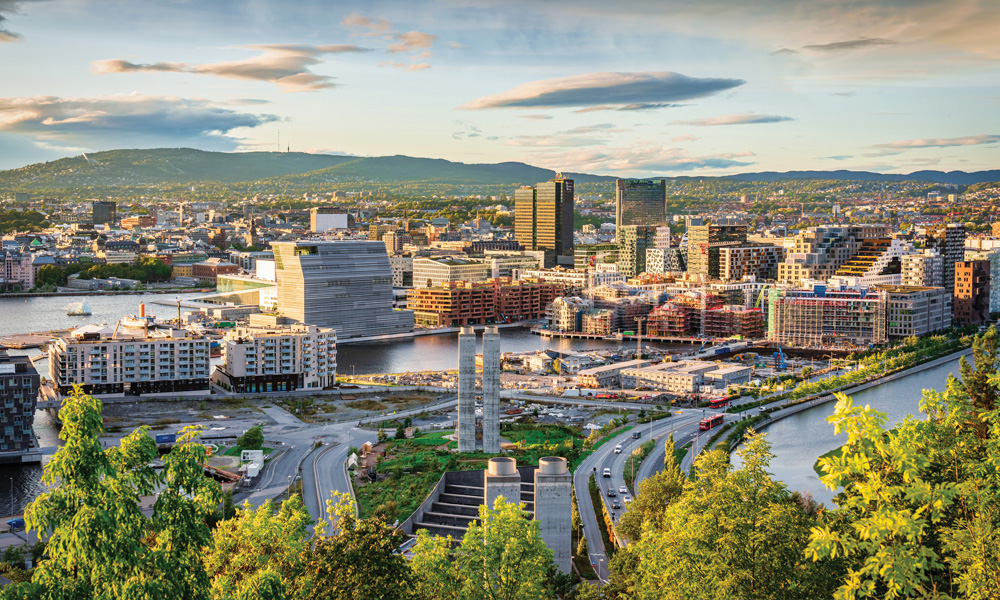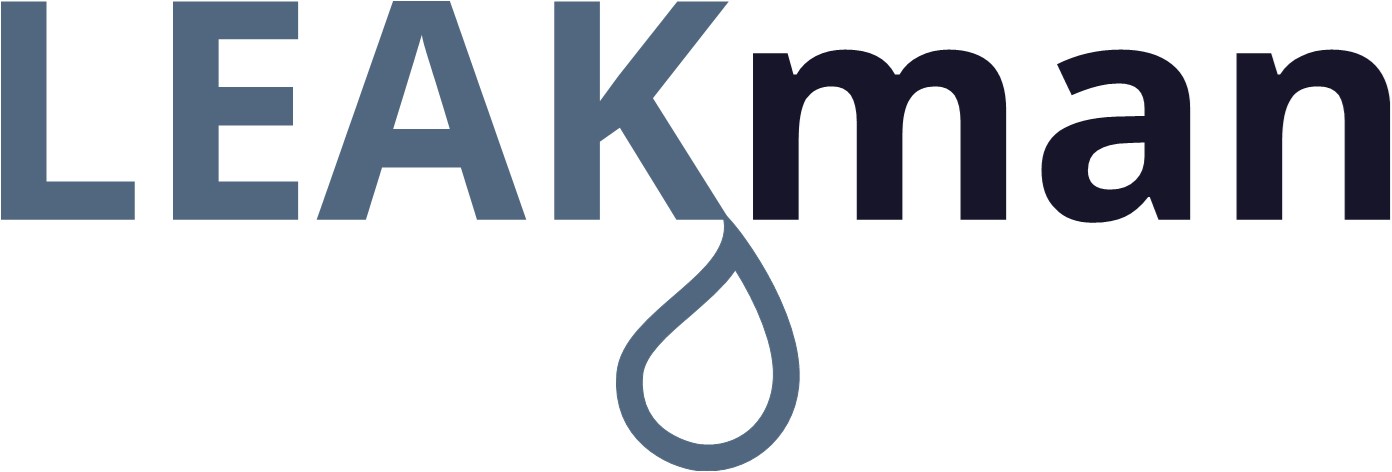

A state-of-the-art Leakage Management System is key to reduce water losses in the city of Oslo, Norway
Photo by: Wilhelm Joys Andersen.
Historically, Norway has had almost unlimited access to drinking water at quite low costs. As a result, there has only been little focus on NRW and NRW-levels around 50 percent were not unusual.
Over the past 5-10 years, though, this has changed as high NRW also leads to high maintenance and production costs as well as overcapacity. The city of Oslo is growing and urgently needs to secure a sustainable drinking water supply for the future. In 2018 around 35 percent of drinking water was lost in the network on its way to the customer. To bring down this level of water losses several initiatives have been taken, and the utility, Oslo Vann, launched a Non-Revenue Water (NRW) master plan targeting to reduce NRW to 20 percent by 2030.
Real-time hydraulic overview to prioritise efforts
The plan includes the implementation of Aquis, an online hydraulic modelling system, and HOMIS, an online Holistic Management Information System. With the support of these two tools, Oslo Vann has established a real-time hydraulic overview of their 1,550 kilometres of main pipeline network, divided into 7 regions, 43 pressure management areas and 69 District Metered Areas (DMAs).
The Aquis model provides real-time hydraulic simulations where selected results are connected to HOMIS, and combined with other data from CIS (Customer Information System), GIS (Geographical Information System) and SCADA (Supervisory Control And Data Acquisition) to automatically calculate and maintain a set of Performance Indicators monitoring the performance on DMA level. This overview is used to identify problematic areas and prioritise leakage management activities. The leakage management system is dynamic, and designed with open interfaces allowing new technologies to be added to improve the utility’s NRW management. Oslo Vann is already planning to add pressure management, noise loggers, and smart meters.
Innovation and new developments
Another aspect of major importance for the utility to reach their NRW reduction target, is the introduction of a capacity building program targeted for operators and engineers, which provides the participants with a variety of knowledge and tools for improved NRW management and water loss control from monitoring and prioritisation to leak detection and repair.
Courtesy: NIRAS and Municipality of Oslo
